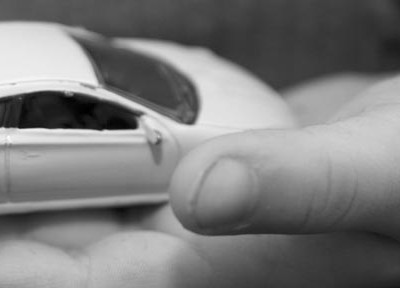They look up and gurgle and coo. They are plump and wide-eyed and smiley. They stare at the bubbles that float by. They are hypnotised by the mobile that plays the Brahms Lullaby. They sleep deeply, dreaming of . . . what? The struggle to get here? The months trapped in the warm liquid? The dive through the sump?
They cry.
They knit themselves jumpers. They trade on the Internet selling their used nappies to perverts. They wager huge amounts on the outcomes of miscellaneous events. (What colour is Daddy’s car? Will Mummy be wearing a red or blue shirt when she comes in next? Will the story be about the butterfly or the happy train?) IOU’s change hands but are quickly forgotten.
They think about the moment when their egg was fertilised. The big bang. They suck their thumbs.
They are powdered and pampered. They are photographed. They are kissed, repeatedly, on their chubby faces.
They smoke cigars after lights out. They play poker and get crumbs in their bed from the chocolate croissants that they find by the bread bin. They drink whisky out of plastic cups and indulge in rough humour. They steal small change, sunglasses, jewellery.
They say their first words, making sounds as close to dadda and momma as makes no difference. The parents stand and applaud. This is their first standing ovation. They would bow, but a confident weariness overcomes them.
Is it any wonder that things go wrong? Is it any wonder that they end up sucking at food jars, rubbing at sore patches between their legs, thrashing around at the taut pain somewhere around the large intestine? And then come the explosions of bone in their mouths, a metamorphosis.
In the darkness, they lie back and think of eternity. They worry about who will look after them on their journey. The odd couple who attend to them don’t seem to have the resilience necessary to bring things to fruition, to help them find peace in a godless world, to set them on the road to truth. But perhaps they can learn.
They chant a mantra, over and over.
They don’t understand that they are not prepared for draughts of sweet wine; that grapes, figs and sugared almonds hitting a virgin stomach are going to produce indigestion. They are wryly uneasy, because what they really want is to get outside and wallow in a warm pool of mud.
Love is only skin deep when you have no vocabulary. Their ability to trade stocks, to participate in bridge tournaments and bicycle races, to open bank accounts, to watch television, is limited by the strength in their limbs, the weather, but mostly language.
They are fascinated by drunkenness, addicted to sweetness, reliant on warmth and cannot resist temptations as water cannot resist presenting a smooth surface to the world.
They plan their future careers. One is to be an airline pilot; the other a bond trader, specialising in arbitrage.
Each day, knowledge comes to them in the form of overheard insults, quiet accounting, conversations. And all the while their rosebud mouths are shaping themselves to be ready for invective, calumny, incredible profanities.
Gradually they hold on to more memory. The world no longer has to be reconstructed in their minds each day. Things remain. A brick, a pattern on the wallpaper, a petal on a wet, black bough.
And so, knowledge arrives, and with it frustration, desperate sickness, fecundity.
Michael Spring thinks the hippies were right: we should never have taken notice of formality. We need to invent our world, not just populate it, but then, as Kavanagh said to Heaney, “Don’t have the veins bulging in your biro.” It’s a subtle skill that one day he may master.

